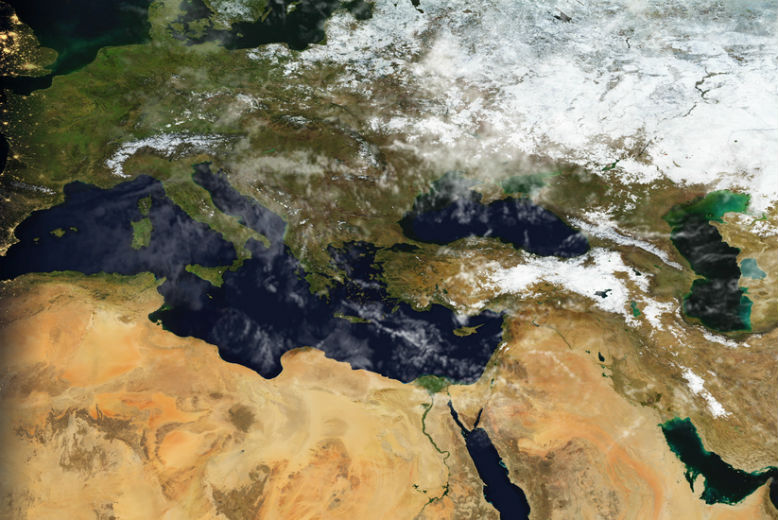
Living on the Edge? Possible Scenarios in a post-IS Middle East
The Swedish Institute of International Affairs arranged a seminar on the Middle East after IS.
As Daesh, or the so called ’Islamic State’, is pushed back in Syria and Iraq, new alliances and conflicts are opening up in the region. Russia holds the initiative in Syria. Turkey is set to stop Kurdish aspirations of future federalism in Syria. In northern Iraq, Massoud Barzani has failed bitterly to achieve independence for the Kurdish Regional Government. The Palestinian factions Hamas and Fatah are treading a fine line for reconciliation, while Israel is expanding its settlements on the occupied territories. Yemen is a man-made human catastrophe. Lebanon remains a fragile state.
Meanwhile, Iran is about to secure a land corridor between Tehran and Beirut and wants recognition for its share in combatting Daesh/IS. But Iran’s ambitions are spreading fears in Israel, Saudi Arabia and the Trump administration, who want to roll back Iranian influence in the region.
This seminar explored the big schemes and scenarios in a volatile region with three insightful experts:
Beverley Milton-Edwards, Senior Visiting Fellow at the Brookings Doha Center and Professor of Politics at Queen's University Belfast.
Kamran Matin, Associated Researcher with UI's Middle East and North Africa Programme and Senior Lecturer in International Relations at Sussex University.
Rouzbeh Parsi, Associated Researcher with UI's Middle East and North Africa Programme and Lecturer in Human Rights at Lund University.
The seminar was moderated by Bitte Hammargren, Head of UI's Middle East and North Africa Programme.